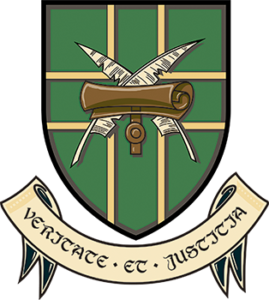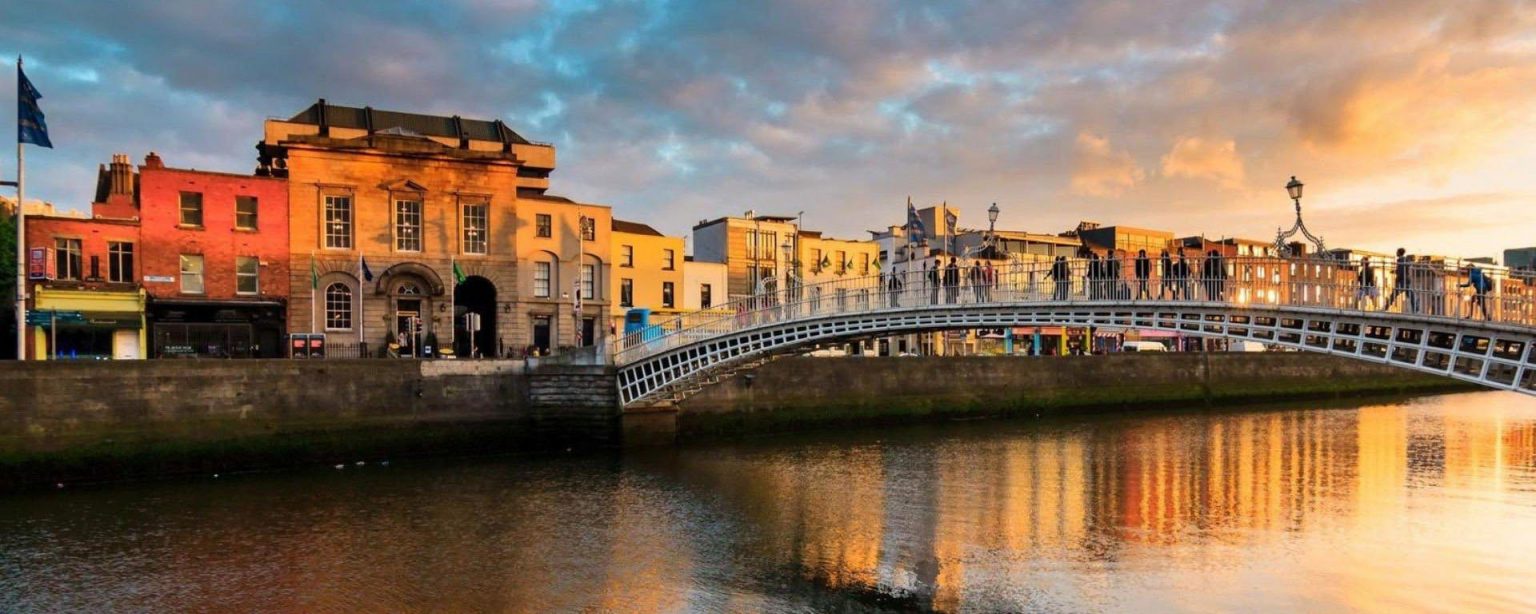A Power of Attorney is a document signed by one person (usually called the ‘donor’) giving another person (usually called the ‘donee‘ or the ‘attorney‘) power to sign documents on the donor’s behalf and to do such things in relation to his or her affairs as are described specifically (a limited power) or generally (a general power) in the document.
If, for instance, you are buying, selling or mortgaging property in a foreign country, it may be convenient for you to give a Power of Attorney to a person in that country, usually a lawyer, to deal with the transaction on your behalf. This will save you having to travel abroad to attend to formalities, and may help to smoothen out any problems affecting the transaction generally. In most cases, you will be required to sign the Power of Attorney in front of a Notary Public.
The Power of Attorney will usually be drawn up by the foreign lawyer to whom authority is to be given. This is because an Irish Notary Public cannot be expected to have a knowledge of different foreign languages or to be familiar with the relevant formalities regarding Powers of Attorney in different countries.
You will usually receive the Power of Attorney by e-mail from the foreign lawyer, often accompanied by detailed instructions about signing it. Bring the e-mail with you to the Irish Notary. This will assist the Notary Public in complying with the formalities of the particular country for which the Power of Attorney is intended.
You should also ask the foreign lawyer (or the person appointed Attorney) if it is necessary to have the document ‘Legalised‘ or Apostilled. These are different forms of official verification of signatures which the Notary Public will explain to you if necessary.
Powers of Attorney are important legal documents with potentially serious legal and financial consequences for the persons signing them. It is important, therefore, that you have competent advice as to the legal, financial and taxation implications of any intended foreign transaction and as regards the wisdom of giving a Power of Attorney to a foreign lawyer or other person whom you may never have met.
As the Notary Public is usually neither the draftsman of the foreign Power of Attorney nor your legal adviser, it is a matter for you to have any foreign language document, which you intend to produce, properly translated before going to the Notary.
The Notary before whom you appear will require your assurance that you understand the document and its purpose and may require you to sign a formal acknowledgement to this effect. The Notary will however ensure that all other formalities regarding the execution of the Power of Attorney are complied with such as establishing identity and legal capacity, attesting your signature and providing a notarial act.

